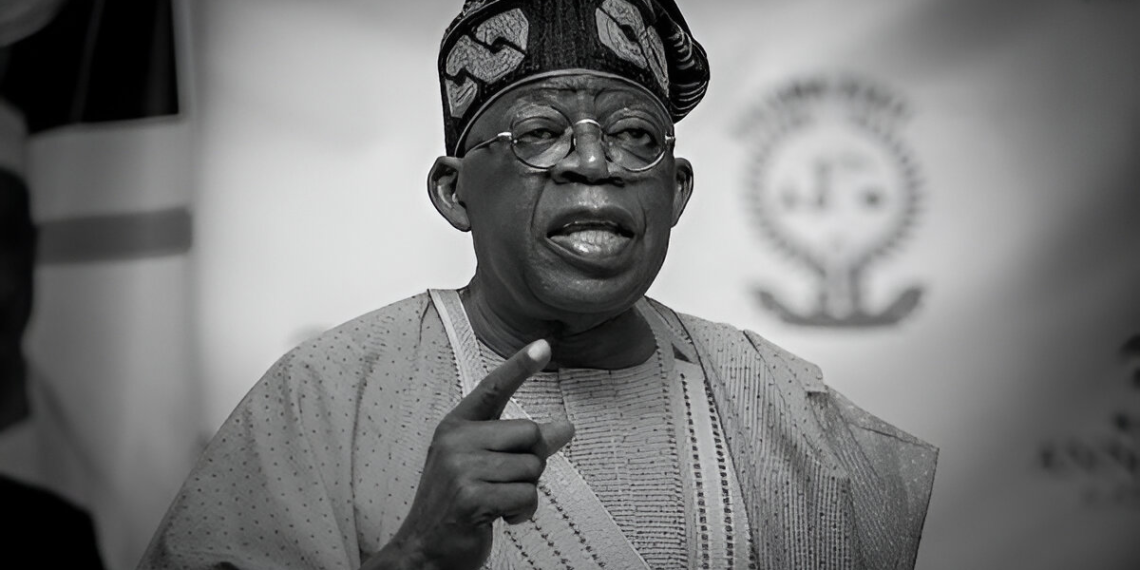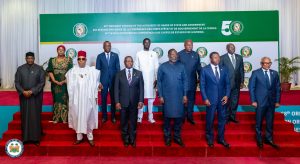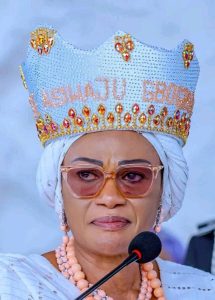Since assuming office on 29 May 2023, President Bola Ahmed Tinubu’s administration has been under intense scrutiny, with critics accusing it of setting unprecedented records in economic mismanagement, governance failures, and social challenges. From soaring inflation to allegations of nepotism and kleptomania, Tinubu’s tenure has sparked widespread discontent among Nigerians, as the nation grapples with its worst cost-of-living crisis in nearly three decades.
Tinubu’s economic policies, including the abrupt removal of fuel subsidies and the floating of the naira, have been blamed for exacerbating Nigeria’s economic turmoil. Inflation, already at an 18-year high of 22% when Tinubu took office, surged to 34.19% by June 2024, with food inflation exceeding 40%. The naira’s depreciation has further driven up the cost of imported goods, pushing millions deeper into poverty in a country where over 80% of its 200 million population live below the poverty line.
The administration’s fiscal policies have also drawn criticism. Nigeria’s public debt stock reached approximately $100 billion in 2022, with external debt at $41.69 billion. Tinubu inherited a budget deficit that has risen by 370.54% from 2016 to 2023, and his government has continued to rely heavily on borrowing to finance expenditure. Notably, the securitisation of N30 trillion in ways and means debt, including N22.7 trillion under his predecessor Muhammadu Buhari and an additional N7.3 trillion under Tinubu, has been misleadingly presented as debt clearance, when it was merely converted into long-term debt with a 40-year repayment structure. Critics argue that this approach, coupled with a lack of transparency in government spending such as the purchase of a presidential jet and plans for a luxury yacht reflects a disconnect between the administration and the public’s hardships.
Despite claims of improved revenue generation, Nigeria’s revenue-to-GDP ratio remains one of the world’s lowest at 7% in 2021, compared to a sub-Saharan African average of 20.1%. The administration’s introduction of new taxes on the informal economy has been described as ill-timed, further burdening citizens already struggling with rising costs.
Tinubu’s leadership has been marred by accusations of nepotism, most notably the appointment of his son-in-law, Oyetunde Oladimeji Ojo, as head of the Federal Housing Authority on 16 February 2024. This move has fuelled perceptions of favouritism and prebendalism, where public offices are used for personal gain. Allegations of kleptomania and charlatanism have also surfaced, with critics pointing to the administration’s failure to address systemic corruption. The suspension of Humanitarian Affairs Minister Betta Edu in January 2024 over alleged diversion of public funds was cited as a positive step, but many argue that more robust action is needed to tackle entrenched corruption.
Human rights violations have further tarnished Tinubu’s record. Amnesty International reported that the administration has failed to uphold human rights and the rule of law, with ongoing violations including extrajudicial executions and arbitrary arrests, particularly in the northeast. During the 2023 elections, at least 42 journalists were attacked or harassed, highlighting restrictions on freedom of expression. The government’s response to protests, including the violent suppression of demonstrations in August 2024 that left at least 20 people dead, has been widely condemned.
The removal of fuel subsidies, a policy Tinubu framed as benefiting the poor, has instead led to a tripling of petrol prices from 190 to 980 naira per litre, severely impacting households and small businesses. This has contributed to widespread hunger, with many Nigerians unable to afford basic staples like bread, the price of which has more than doubled since May 2023. The floating of the naira has further eroded purchasing power, reducing the value of the minimum wage from $65 in May 2023 to just $20 today.
Public frustration has been compounded by what many describe as the administration’s cluelessness and reliance on falsehoods. Tinubu’s claim of attracting $30 billion in foreign direct investment (FDI) was debunked, with official data showing only $448.95 million in FDI between April 2023 and March 2024. Similarly, his assertion that inflation is easing has been challenged, as a reported drop to 24% in April 2025 was attributed to a rebasing of the inflation index rather than actual price reductions. These discrepancies have fuelled accusations of dishonesty and a lack of coherent strategy, deepening public uncertainty.
While Tinubu has claimed improvements in security, including the elimination of over 300 Boko Haram and bandit commanders, insecurity remains rampant. Amnesty International reported that at least 10,217 people have been killed in attacks by gunmen since Tinubu took office, with kidnappings and jihadist attacks persisting across the northwest and central regions. The administration’s handling of regional crises, such as its response to the 2023 Niger coup as ECOWAS chair, has been criticised as ineffective and diplomatically clumsy.
Politically, Tinubu faces a growing challenge from a coalescing opposition, with the African Democratic Congress gaining traction ahead of the 2027 election. His slim electoral mandate 36.6% of the vote in 2023 combined with public discontent, has raised questions about his political durability, despite his reputation as a formidable political strategist.
Tinubu’s supporters argue that his reforms, though painful, are necessary to address decades of economic mismanagement. They point to his track record as Lagos State governor, where he transformed the state’s economy through aggressive tax reforms and public-private partnerships. However, critics contend that his “shock therapy” approach has failed to deliver promised benefits, instead plunging millions into poverty and exacerbating social inequalities.
As Nigeria navigates its economic and social challenges, Tinubu’s administration must balance its reform agenda with the immediate needs of its citizens. Without addressing the allegations of nepotism, corruption, and injustice, and delivering tangible relief from hunger and inflation, the president risks further alienating a population desperate for the “Renewed Hope” he promised.






